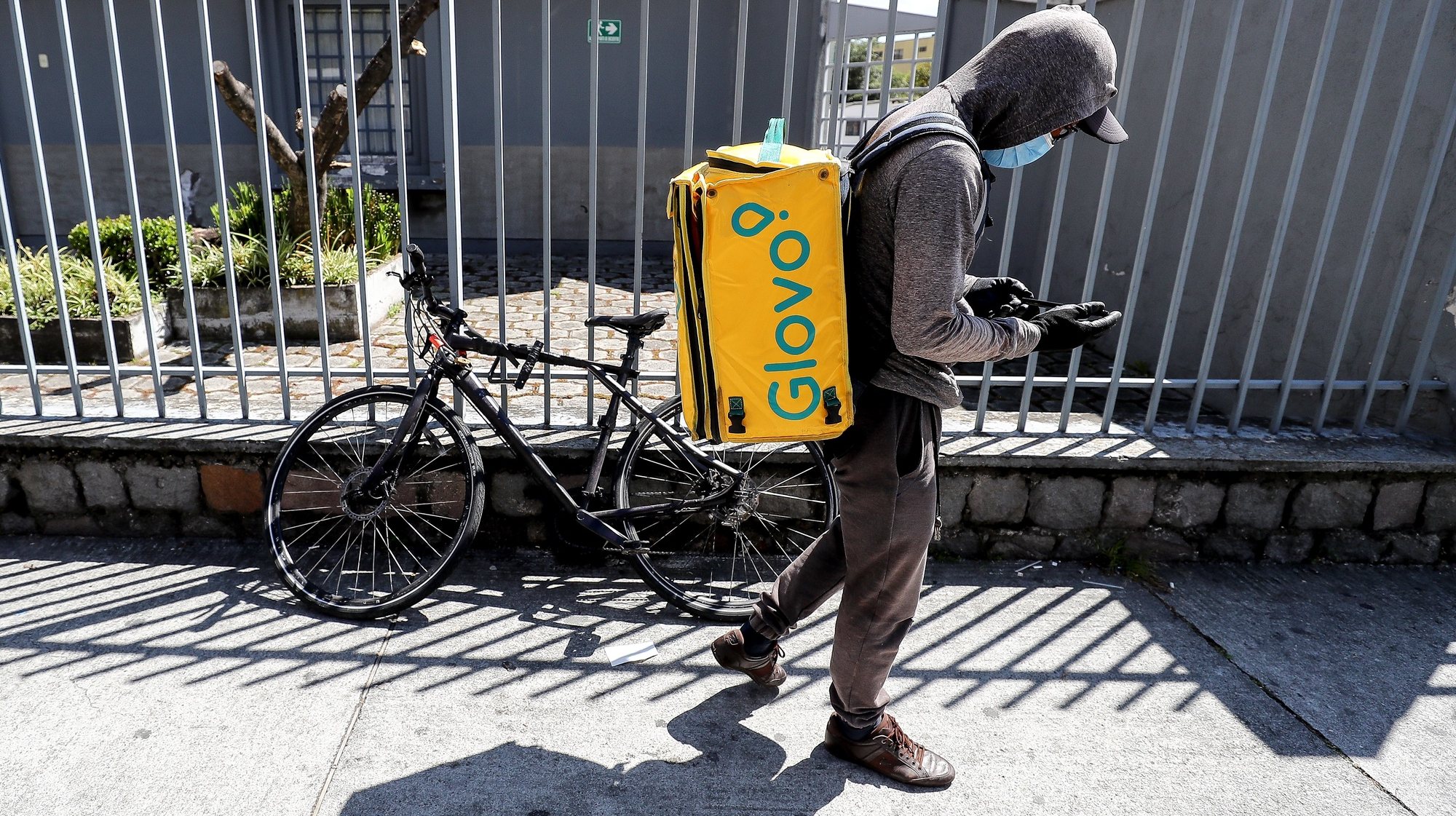The labor ministers of the European Union (EU) reached an agreement on Monday on the new European law to protect workers on electronic platforms, such as Uber drivers or Glovo messengers, now starting negotiations with MEPs.
“Today, the employment and social affairs ministers agreed on the general approach of the Council for a proposal for a directive aimed at improving the working conditions of platform workers,” the Swedish rotating presidency of the EU announced in a statement.
With the “green light” this Monday, the Council is ready to start negotiations with the European Parliament on this “new law that will help millions of workers in digital platforms to access labor rights”according to the Swedish presidency.
This proposal defines a correct statute for those who work on digital platforms and, according to the general approach approved this Monday by the ministers, it is now legally presumed that workers are employees of a digital platform and not self-employed if, in their relationship with said platform, meet criteria regarding the amounts they obtain, the restrictions on refusing to work and the rules governing their appearance or conduct.
In cases where it applies to legal presumptionit will be up to the digital platform to prove that there is no employment relationship in accordance with national law and practice.
In an interview in Lusa, published at the end of May, the European Employers’ Commission admitted disagreements in the European Union about the status of digital platform workers, such as Uber drivers or Glovo couriers, but said to wait for the new community law in force at the end of the year.
European Parliament proposal does not bind workers to platforms “automatically”, says rapporteur
Nicolas Schmit explained that “the main question is obviously about the status of those who are doing the work, because many of those who do this work are considered self employed and autonomous and, even if they are not, […] they get no real social rights.”
For the European guardian, having the European legislation in force until the end of 2023 would be “the best scenario”, although the person in charge points out that “the calendar is the end of the [mandato do] European Parliament”, ahead of the European elections in May 2024.
This is the European Commission’s proposal, presented two years ago, for Community legislation on workers’ rights, which has since been negotiated by the European Parliament and the Council (Member States). Once adopted, Member States will have two more years to transpose it to the respective national legislation.
In Portugal, within the scope of the Decent Work Agenda, proposed by the Government and promulgated by the President of the Republic last March, it is foreseen, in the case of digital platforms, the presumption of employment between the worker and the platform, which will initially be done directly with the companies and not with intermediaries, although leaving the final decision on the relationship to the courts.
Marcelo enacts the Decent Work Agenda with criticism: “He strays from the partners in some aspects”
It is estimated that there are more than 28 million workers of digital platforms in the EU, a number that is equivalent to that of workers in the manufacturing industry (29 million) and that could reach 43 million in 2025.
The vast majority of these workers are self-employed, but at least 5.5 million mistakenly have this status, a situation that Brussels wants to reverse by fighting false self-employment so that these workers have job protection.
Source: Observadora
